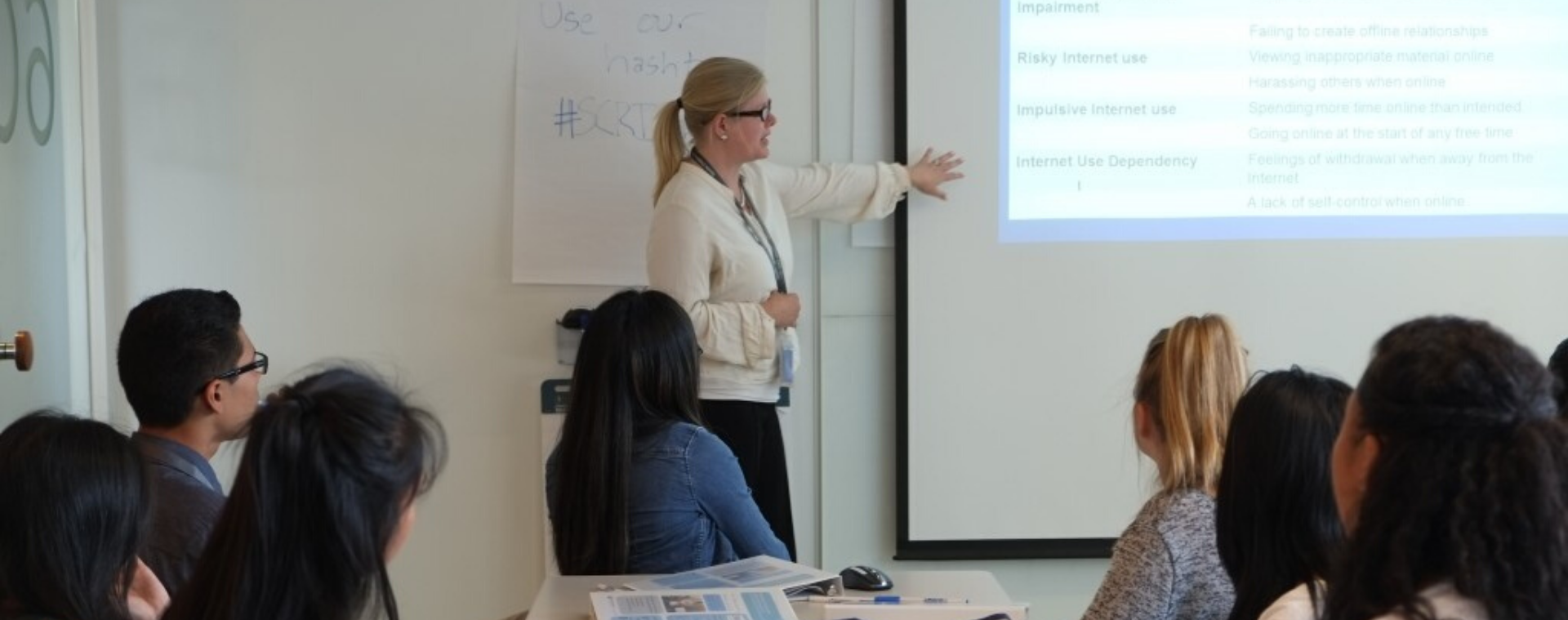By Anna Jolliff, MS
With the New Year fast approaching, it’s that time when many people start to consider their New Year’s Resolutions. Others reject the idea, declaring that resolutions “never work anyway.” Still others have written resolutions in previous years, but have come to realize that even their best-intentioned resolutions seldom come to fruition.
New Year’s Resolutions get a bad rap. At their core, New Year’s resolutions are not intrinsically different from any other resolution to change behavior. Just like any other time of year, behavior change on January 1st requires a motivation to change and a plan for implementation (Koestner, Lekes, Powers, & Chicoine, 2002). However, there are some contextual factors specific to the New Year that affect both of these important variables.

- Contextual Influence on Motivation
January 1st is the time of year when people may feel they are “supposed” to enact change. Maybe their friends are doing it, or maybe it’s all over social media or advertisements. These feelings of “should” or “supposed to” lead to “external” or “introjected” goals – goals that emerge from external pressure. Research suggests this type of goal is most likely to fail, while goals that are self-concordant (i.e., I want to do this because it’s important to me and/or I would enjoy the outcome) are more likely to be met (Sheldon & Elliot, 1998).
- Contextual Influence on Implementation
Another contextual factor threatens the implementation of the goal. You’ve probably heard it said that it’s important to have a “plan” — but the extent to which a plan requires time and energy to prepare is less often discussed. (“Preparation!” does not make a flashy headline or an easy sales pitch). The timing of the New Year – when one is likely swamped with family commitments, off their regular schedule, or just returning to work – may not exactly be conducive to thoughtful planning. To avoid feeling rushed into major changes, Dr. Moreno suggests giving pieces of your plan a “practice run.” (For example, if you want to eliminate meat from your diet on January 1st, try your hand at a couple of vegetarian meals in the meantime!)
- Making it Work
So how do you escape the trap of externally-derived goals and half-hearted implementation? Ask yourself a couple of questions pertaining to the source and the implementation of the goal:
Source Questions
- Am I making a goal because I am supposed to? (I.e., is the source of my motivation external?)
- Do I feel like this goal “belongs” to me, or did I adopt it from someone or something else?
- Don’t overthink this. It’s easy to go down a rabbit hole, trying to differentiate innate from learned preferences. Go with your gut-level response to the question J
Implementation Questions
- How will I make this behavior automatic? Plans work when they move goal-directed behavior out of conscious awareness (Gollwitzer, 1999).
- What are my where, when, and how? Establishing the context for the goal-directed behavior offloads decision-making onto the environment.
- For example, if my goal is to automatically write in my journal every day, I might decide to journal at my desk, in the morning, with my favorite pen. When all those conditions are met, the environment tells me it’s time to write!
For our part, the SMAHRT team sees the New Year as an opportunity to review our current processes. We want to know what’s working now, and what can work even better. We hope you will join us at SMAHRT in thoughtfully implementing your goals in 2019.
References
Gollwitzer, P. M. (1999). Implementation intentions: strong effects of simple plans. American psychologist, 54(7), 493.
Koestner, R., Lekes, N., Powers, T. A., & Chicoine, E. (2002). Attaining personal goals: self-concordance plus implementation intentions equals success. Journal of personality and social psychology, 83(1), 231.
Sheldon, K. M., & Elliot, A. J. (1998). Not all personal goals are personal: Comparing autonomous and controlled reasons for goals as predictors of effort and attainment. Personality and Social Psychology Bulletin, 24(5), 546-557.

